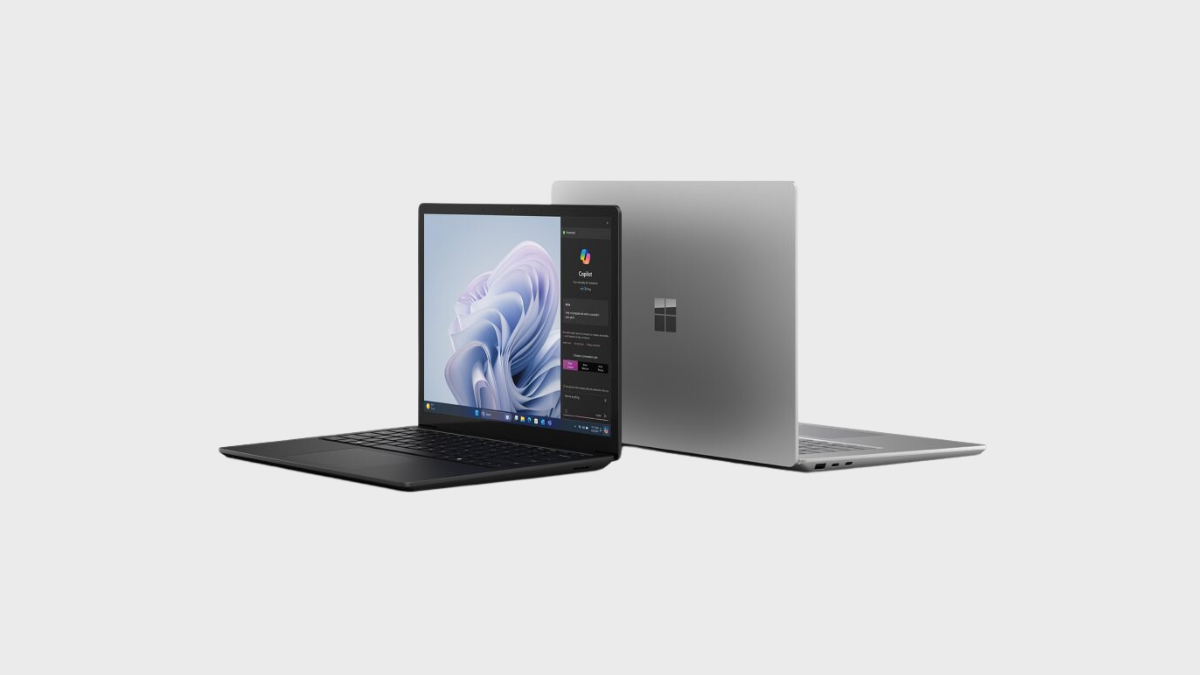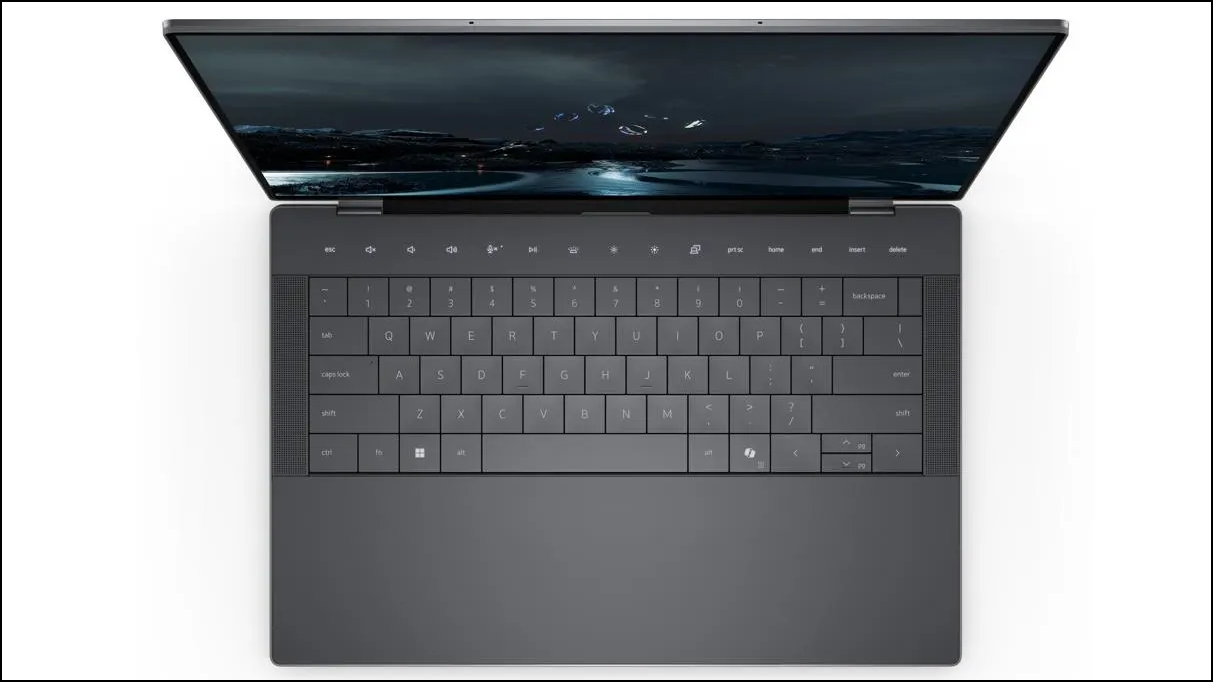Ever since ChatGPT's release, we've officially entered the AI era. Now, the drop of an AI tool barely manages to get some batted eyelashes, unless it's something truly extraordinary. But AI's advance isn't limited to software. The idea of an AI PC began floating around a few months back, from companies like Intel, Microsoft, Qualcomm, AMD, etc. But what exactly does it entail? Let's find out.
AI PC Requirements
Microsoft has just established guidelines to determine what will and what won't qualify as an AI PC at the CES 2024. According to Microsoft, a PC should have an NPU along with a CPU and GPU, access to Copilot, and the physical Copilot Key to be qualified as an AI PC.
This is in line with the latest Surface laptops & tablets from Microsoft just a few days ago, which have all these things.

Processors like Intel Core Ultra, AMD’s Ryzen 8000G, and Snapdragon X Elite from Qualcomm are some examples that have an NPU integrated with a CPU and GPU.

What Makes an AI PC different? At the most technical level – an NPU (Neural Processing Unit).
Why is an NPU important? Most modern PCs only had a CPU (Central Processing Unit) and GPU (Graphics Processing Unit) till now. So, AI tasks have been handled by the GPU till now. With the incorporation of an NPU into the processor, which is a specialized chip designed especially for handling artificial intelligence and machine learning tasks, the GPU is free for other tasks.
An NPU can handle AI tasks such as blurring the background in a video call and detecting objects in photos and videos during editing, among other things.
An AI PC, with the inclusion of NPU, would also be able to handle some AI tasks on-device instead of relying on cloud services. So, you'll be able to perform these tasks even if you have no access to the Internet. While for average users, that wouldn't mean much, it will for businesses who are vary of using AI because of privacy concerns.
"What's up with the requirement for adding a Copilot key?" If you're asking this question, you're not alone.
Quite frankly, the requirement for inclusion of the Copilot key to the keyboard is not something most users are rather happy about. They feel it's repeating an old pattern of the company where they are trying to push something on consumers without first establishing its usefulness and that it's going to inspire a backlash.
And they might not be wrong. Copilot in Windows, in its current form, is what most people call a glorified chatbot. It's not something that's so indispensable to their daily lives that they need a designated key to get to it faster. The majority of the people barely pay any attention to it and feel that the key would just lead to Copilot getting in the way when they accidentally press it.
Microsoft is just hoping that Copilot will become an essential feature for users, and it might, just not right now. With the release of Windows 12, expected later this year, with a heavy focus on AI features, things might change.
So, if you don't go by Microsoft's requirements for OEMs for their PC to be called an AI PC, any PC that has an NPU for handling tasks is technically going to be an AI PC.
What can an AI PC do? In all reality, not much right now. But as we gear toward a more AI-focused future where more tasks can be handled by AI and more developers start exploiting AI capabilities in their apps, things will be different.
But should you buy an AI PC right now? If the only reason you want to buy an AI PC is because you think it'll have some extraordinary AI capabilities, you'd better wait. But if you are in need of a new PC anyway, then going with a PC that's future-proofed with an NPU would be the smart choice.


